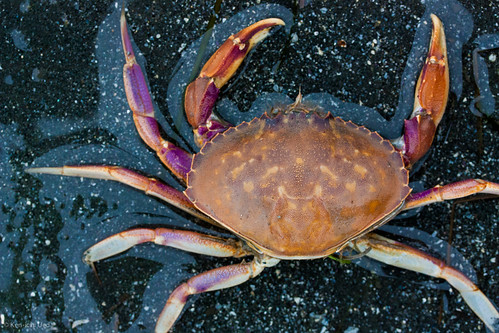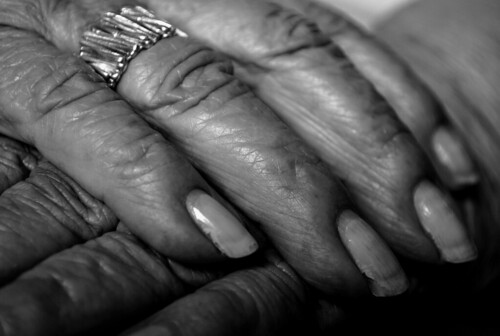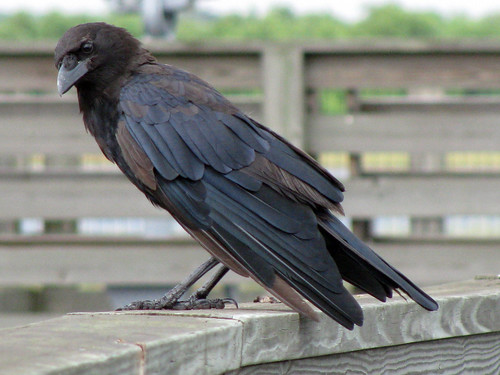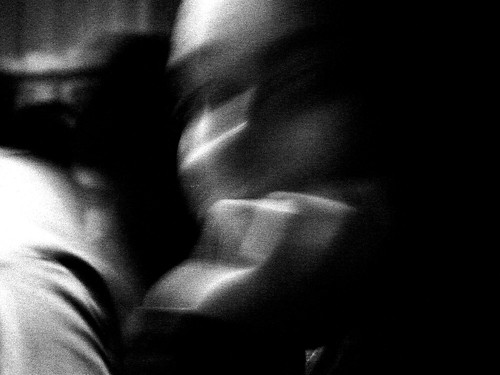by Laura J. Campbell
She wondered if – after you were dead – you ever dreamed of Earth?

Her papers whirled through the scanner, giving her a few moments to think. It was usually too hectic to think. But while the machine gave her the opportunity, she looked outside the big office window. It was 5 pm and the commuters were hurrying home. The sky was periwinkle, large cotton ball clouds assaulted by the heavy orange light of the setting sun.
There was a smell of autumn in the air, thick wet leaves falling from the oaks. She had been very upset recently, stress from work, from relationships, from impending holidays. And then she remembered: her father’s last consciousness had been in autumn. Before the cancer had claimed him. Mind, body, spirit.
She had dreamed the night before, her father appearing to her in the dream, speaking comfort and giving her the most reassuring hug she had in years. They say that when you dream of a dead loved one, they are in Heaven thinking about you.
She wondered if the dead remembered the smell of autumn, the wind brushing dead leaves from the trees, the autumn sky becoming heavy with the setting sun. Did the dead dream of the living?
The scanner stopped, its task complete. The world swallowed her again.
 Laura Campbell lives and writes in Houston, Texas. She is an internationally published author, with over two dozen short stories published in the dark fiction, horror, and science fiction genres. She also has two novels (Blue Team One and Five Houses) currently in publication. In 2008 she won the James Award for her short science fiction story 416175. Her husband, Patrick, and children, Alexander and Samantha, support and encourage her daily in her writing.
Laura Campbell lives and writes in Houston, Texas. She is an internationally published author, with over two dozen short stories published in the dark fiction, horror, and science fiction genres. She also has two novels (Blue Team One and Five Houses) currently in publication. In 2008 she won the James Award for her short science fiction story 416175. Her husband, Patrick, and children, Alexander and Samantha, support and encourage her daily in her writing.


 Carrie Cuinn is an author, editor, college student, and geek. In her spare time she works toward a degree in Creative Writing, listens to music, watches indie films, cooks everything, reads voraciously, and sometimes gets enough sleep. Find her online at
Carrie Cuinn is an author, editor, college student, and geek. In her spare time she works toward a degree in Creative Writing, listens to music, watches indie films, cooks everything, reads voraciously, and sometimes gets enough sleep. Find her online at 


 Jena was born in Pennsylvania is now a resident of Oklahoma. A mother of two and Aunt to many, she holds an Associate Degree in Child Development as well as a Bachelor in English, emphases on writing. She is the founder and co-owner of Madd Dog Creations, a company that houses Crosshairs Photography, Mutts and Mics, among others. She is currently back in college to obtain another Bachelor in Art and hopes to open an animal shelter. She is the author of
Jena was born in Pennsylvania is now a resident of Oklahoma. A mother of two and Aunt to many, she holds an Associate Degree in Child Development as well as a Bachelor in English, emphases on writing. She is the founder and co-owner of Madd Dog Creations, a company that houses Crosshairs Photography, Mutts and Mics, among others. She is currently back in college to obtain another Bachelor in Art and hopes to open an animal shelter. She is the author of 





 E.N. Loizis is a Greek writer trapped inside the body of a technical translator who lives in Germany with her husband und baby daughter. Her stories have appeared in Maudlin House, Apocrypha & Abstractions and Pidgeonholes. You can find her at
E.N. Loizis is a Greek writer trapped inside the body of a technical translator who lives in Germany with her husband und baby daughter. Her stories have appeared in Maudlin House, Apocrypha & Abstractions and Pidgeonholes. You can find her at